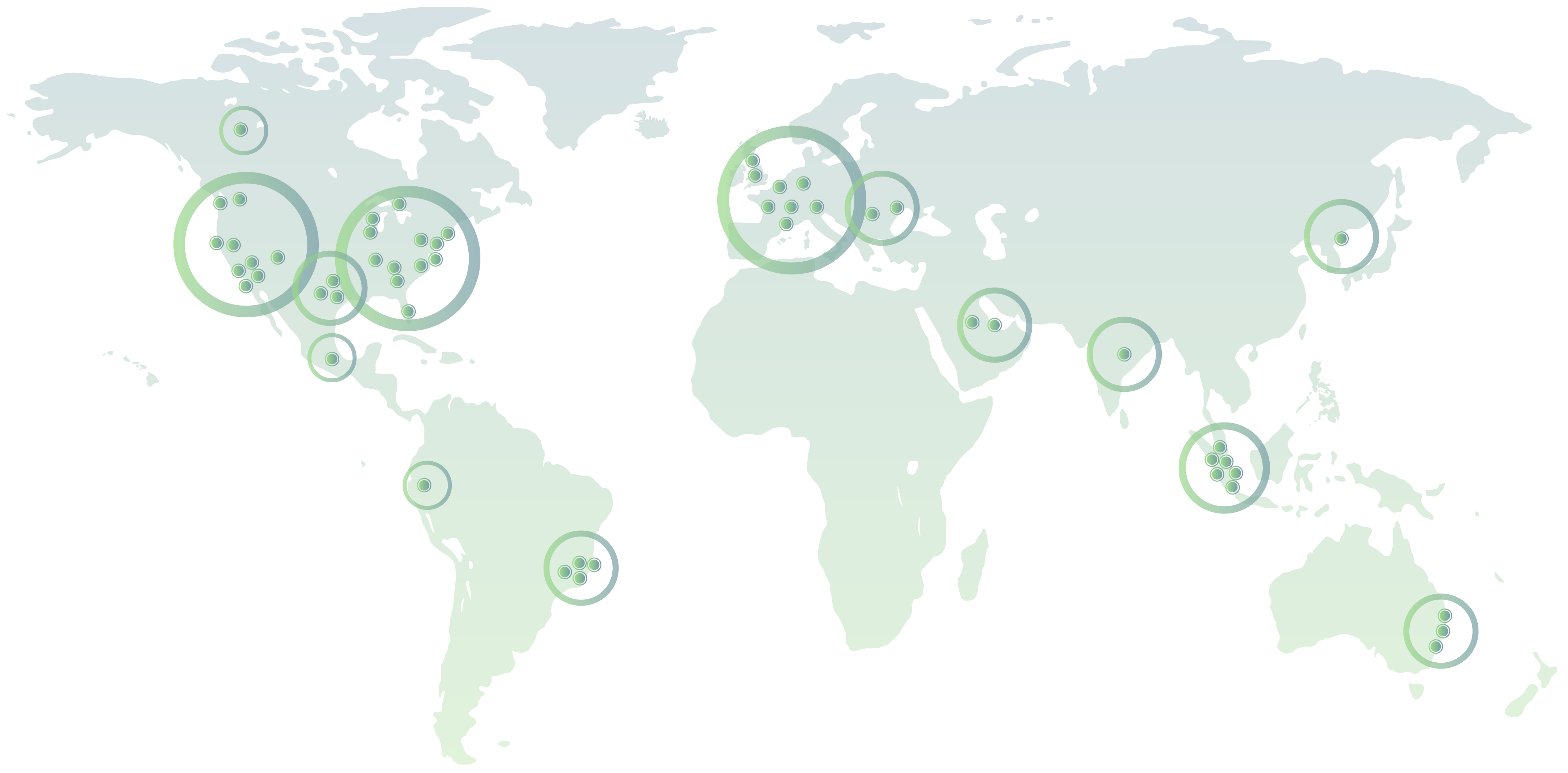
CHROs are heading into a retirement crisis: how we take CHRO into the future

For the CHRO of 2030, being good enough will no longer be good enough. Heck, even being great won’t cut it. You’re going to have to be world class in so many new ways, because the role is changing beyond all recognition.
We’re at arguably the most transformational moment in workplace history, and technology is changing the job to such an incredible extent that if you’re hiring a CHRO now, or you’re stepping into the role, you should be looking for an innovation leader who is leveraging technology to enable your people to drive your business. You no longer require a CEO of People – what you need is a Chief People Innovation Officer. If your bar isn't that high, you’re not going to have the right talent, and your organization is going to underperform versus the market.
In practice, this means:
- HR must own the AI agenda, not be a passenger.
- The core HR competencies (hiring, compensation etc) are table stakes and not the job of the future. The CHRO of 2030 is a true business leader driving strategy formation, including M&A.
- Boards and CEOs have to demand more of the function. You get the HR you deserve.
- HR needs to step up. Don’t wait to be asked. Take the mantle and run.
But first, let’s look at how we got here.
The retirement cliff looming for CHROs
A perfect storm of events has made the last five years the toughest in HR’s history. An endless series of world-altering crises – Covid, returning to offices, racial injustices, Brexit, burnout, the DEI rollback – may have given HR the business platform it’s been fighting 25 years for, but it’s come at a cost. Titans of the industry skilfully navigated their organizations through brutal, unprecedented times, and many of these CHROs have either retired (including Kevin Cox, Peter Fasolo, and Lucien Alziari) or plan to within the next five years. They’ve achieved enough, leaving legacies that will be hard to match (more on this shortly), and they rightly want to go out on top.
How we got here
Thanks to the achievements of the best CHROs, HR has never been more credible. These leaders stayed in their jobs for the past five gruelling years because of the size of the challenge, and their courage and judgment has laid the foundation for the next generation.
However, the role has now changed incalculably in breadth, depth, and shape, and the skills needed to excel as a CHRO in 2030 are fundamentally different. Why?
- Technology, and particularly AI, is so profoundly impacting companies and is undoubtedly a people issue, meaning the CHRO of 2030 must be a Chief People Innovation Officer.
- HR is now shaping and driving organizational strategy, so we need to be holistic business leaders.
- Macro economic, social, and political issues are becoming ever more complex, and stakeholder expectations on companies to respond remain high.
- The role has become a million times more challenging, but at the same time organizations have become simpler, with leaner structures, making it harder to develop next gen talent at the level and scale required.
This cruel combination of retirements, changing expectations, and increasing job complexity is a potent cocktail that the new generation – the CHROs of 2030 – are going to have to manage as they lead their organizations through the unchartered waters of the next decade.
Succession planning
Many of the outgoing CHROs were pioneers in succession planning, pushing their businesses to excel at pipelining talent. However, there’s now a problem when it comes to following them into the CHRO role. These legends, for example Alziari (recently retired CHRO of Prudential Financial) moved the profession on so far and so fast (accelerated exponentially since 2020) that they were essentially CEOs of People, true business leaders shaping how their organizations ran. Their knowledge, skills, and experience – let alone their presence – cast a huge shadow, making it hard for their organizations to view anyone else in the same way, and impossible for successors to carve their own path. Indeed, some designated next in lines are opting out of taking the job, refusing the pressure and scrutiny.
It's not so much that the shoes of these CHROs are too big to fill; they have grown the job to the extent that the shoes are completely different.
The risks companies are open to
Even organizations which have been proactive in succession planning have underestimated how big the vacuum is. This is exacerbated by cases where successors have struggled to fill the gap, and those above and beneath them are watching the previous CHRO’s legacy fall apart. As a result, we are already seeing many examples in the market of talented senior people following their CHROs out of the door.
The best CHROs are talent magnets, and flipping that, those that can’t lead haemorrhage great people. If you want your best to stay, you must get your CHRO appointment right.
The CHRO of 2030 needs to grow from the CHRO of the past
The pace of AI means in five years’ time your organization will have significantly changed in a variety of ways, including strategy, operating model, and skills required. At this pivotal moment, you can’t afford to get your CHRO hire wrong.
Here are the key skills your CHRO of 2030 needs:
- Be an innovator – not just tech savvy, but deep tech expertise. This is essential, because the focus of your job will be figuring out how you’re going to use technology to help your people drive your business. For example, how could you use AI and robotics in your production processes, and what are the implications for your workforce? The most forward-thinking CHROs are tech visionaries who are already exploring how AI is going to disrupt their business model and the skills they’re going to need in the future; HR as leader of technology for the enterprise, not just for HR. Jacqui Canney at ServiceNow is a great example of this. Even her job title is Chief People and AI Enablement Officer.
- Drive business strategy, don’t simply implement it. In the past, the CEO and CFO shaped the business strategy, and HR built an HR strategy to support it. That’s gone. We’re now in a world where HR is a central part of creating the organizational strategy, and at the heart of M&A, capital raising, operating model design, technology, workforce planning etc.
I tell clients you know you’ve hired the right CHRO when you walk past a conference room with the CEO, CFO, and CHRO in conversation and you can't tell who’s the CHRO. Your CHRO of 2030 knows your strategy, operations, and numbers inside out – they are leading a digitally-driven business, not a supporting people function.
- World-class breadth and depth across all key HR disciplines. The CHRO of 2030 needs range. Alongside being a tech innovator, they must deeply understand recruitment, talent management, compensation etc, so they can identify where and how technology can deliver on business goals in these areas. While the disciplines may be table stakes, they still need to be executed at world-class levels.
- Adaptive mindset. Every day there is a new challenge dropping on a CHRO – economic, political, societal, generational, technological etc – who has to quickly assimilate the business and people implications, and drive strategy accordingly. The world is changing so insanely fast in a million different ways that you must have your finger on the pulse of events, your organization, and your people.
The past 10 years have seen big shifts in the requirements for senior HR roles. First, we talked about needing business acumen. Then we moved to requiring people who could lead within organizations. Now we’re moving into a new phase, which will be dominated by CHROs who are business and innovation leaders leveraging technology to enable your people to drive your business.
This is a new paradigm, so if you want to get the best CHROs of 2030, the role needs to be scoped, positioned, and paid differently.
What organizations are looking for in the CHROs of today
The delta between what organizations need versus what they go to market for is that most CEOs are still hiring to an aspirational view of what HR was five years ago. They talk about wanting a strategic business leader who can challenge them and shape strategy. However, that’s not the script of ‘How is AI going to be impacting my business in 2030 and what type of person do I need to lead that?’
Maybe it’s because CEOs don’t care about HR enough, or possibly it’s because they haven’t seen enough great CHROs. No matter, the result is the same – critical CHRO hires are not going to match what your business demands. CEOs and Boards need to raise your bar when you’re hiring CHROs. If you don’t, you’re selling your organization short.
Setting up CHROs of 2030 for success
My tips for candidates and CHROs new in role are:
- Spend as much time as possible with your CEO, CTO, and CFO to understand the vision and mission, how your business makes money, its AI strategy etc. Forging those trusting relationships is the number one priority.
- Go deep on every aspect of your business. For example, if you’re good with numbers, you’ve got to become great with them – and fast.
- Understand the biggest threats to your business, and how you’re going to tackle them to enable your business to grow. If you can’t do this, you’re just HR for HR.
Since forever, HR has wanted a cliched seat at the table. In the past five years, Boards and CEOs have welcomed CHROs into the room. We’ve finally got what we’ve been asking for. Yes, the role has changed unimaginably in that time. But HR has never been more understood, appreciated, and respected. The time for excuses is over. For the CHRO of 2030, this is your moment to shine. Let’s go.
Meet the Author



